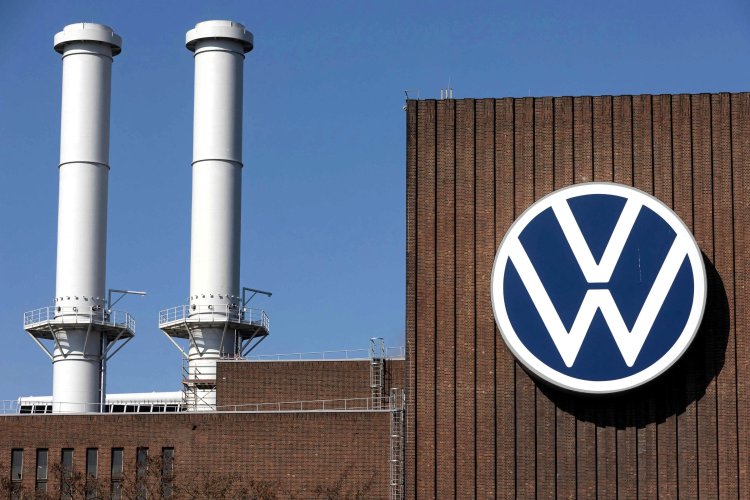Volkswagen Faces Possible Factory Closures in Germany

Volkswagen could close factories in Germany for the first time in its history.
And that’s a sign of just how much pressure Europe’s top carmaker faces from new Asian rivals.
Volkswagen is considering closing factories in Germany for the first time, in a move that shows the pressure Europe's top carmaker is facing from cheap Asian competition.
The move marks the first major clash between Chief Executive Oliver Blume, who analysts have described as more of a consensus builder compared to his more combative predecessor Herbert Diess, and unions that command substantial influence at VW.
VW considers one large vehicle plant and one component factory in Germany to be obsolete, its works council said as it vowed "fierce resistance" to the executive board's plans.
Analysts have in the past named VW sites in Osnabrueck, in Lower Saxony and Dresden, in Saxony, as potential targets for closure. The state of Lower Saxony is Volkswagen's second-largest shareholder and supported its review.
Volkswagen said that it also felt forced to end its job security program, which has been in place since 1994 and prevents job cuts until 2029, adding all measures would be discussed with its works council.
"The situation is extremely tense and cannot be overcome by simple cost-cutting measures," VW brand chief Thomas Schaefer said in a statement.
VW, which drives most of Volkswagen's unit sales, is the first of its brands to undergo a cost-cutting drive targeting $11 billion in savings by 2026 as it attempts to streamline spending to survive the transition to electric cars.
VW has lost almost a third of its stock market value over the past five years, making it the worst performing stock among the major European carmakers.
But the company employs some 680,000 workers, and is a symbol of German industry, making it politically charged.















